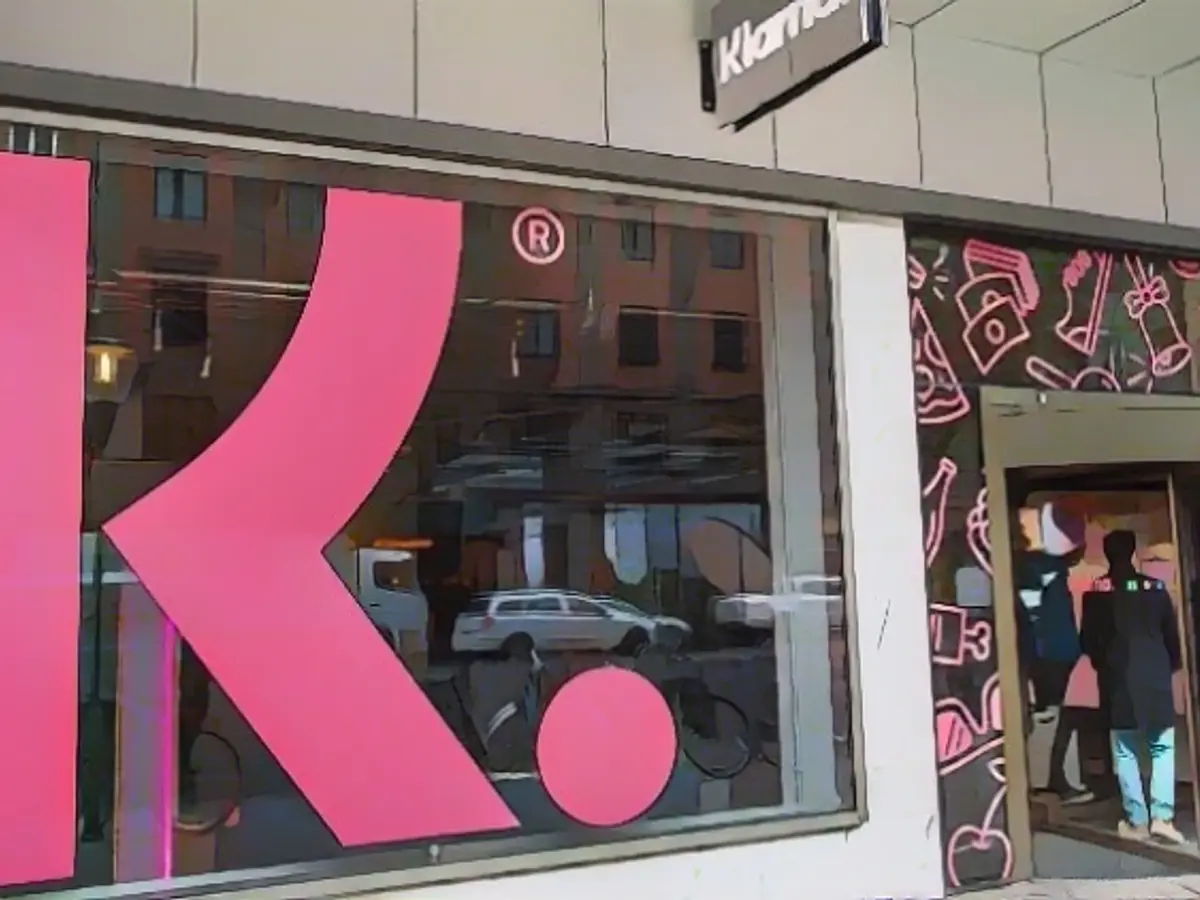AI Transforms Klarna's Workforce
Fears about artificial intelligence (AI) replacing human jobs have been a buzzing topic lately. Now, these concerns are a reality for Klarna, a Swedish payment service provider. Founder, Sebastian Siemiatkowski, has imposed a hiring freeze due to AI taking over various tasks.
As AI continues to evolve, fintechs like Klarna are noticing the potential for automating tasks. This increasing capability has led Klarna's founder to expect higher-quality products and services with a reduced workforce.
The ongoing ChatGPT boom has highlighted what many AI critics have been warning about. AI capabilities now surpass those of humans in some areas, potentially leading to workforce reductions.
The shuffling of seats at Klarna's offices has been on the rise. With the new hiring freeze, Klarna expects 15 to 20% of their employees to leave per year. This equates to about 1,000 positions vacant in the coming year, with no layoffs planned. The company currently employs around 5,000 individuals.
The financial sector, not exempt from this trend, is witnessing AI transformation with companies like JPMorgan Chase focusing on re-skilling employees to work alongside AI tools. Conversely, Klarna is leaning more towards replacing human roles with AI.
The aggressive implementation of AI at Klarna has sparked controversy and debate about its impact on employment. However, Europe's leading role in exploring AI opportunities is crucial to ensuring that affected individuals gain something new in this tech-driven transformation.
According to McKinsey experts, Germany has the potential to take the lead in AI due to its entrepreneurial nature. However, the key to unlocking this potential lies in investment. Germany boasts a significant number of companies utilizing AI, with large companies leading in its adoption.
In conclusion, AI is revolutionizing job roles and hiring practices at fintech companies like Klarna. The automation of tasks, reduced hiring requirements, and the controversial implications are shaping the future of work in the financial sector.








